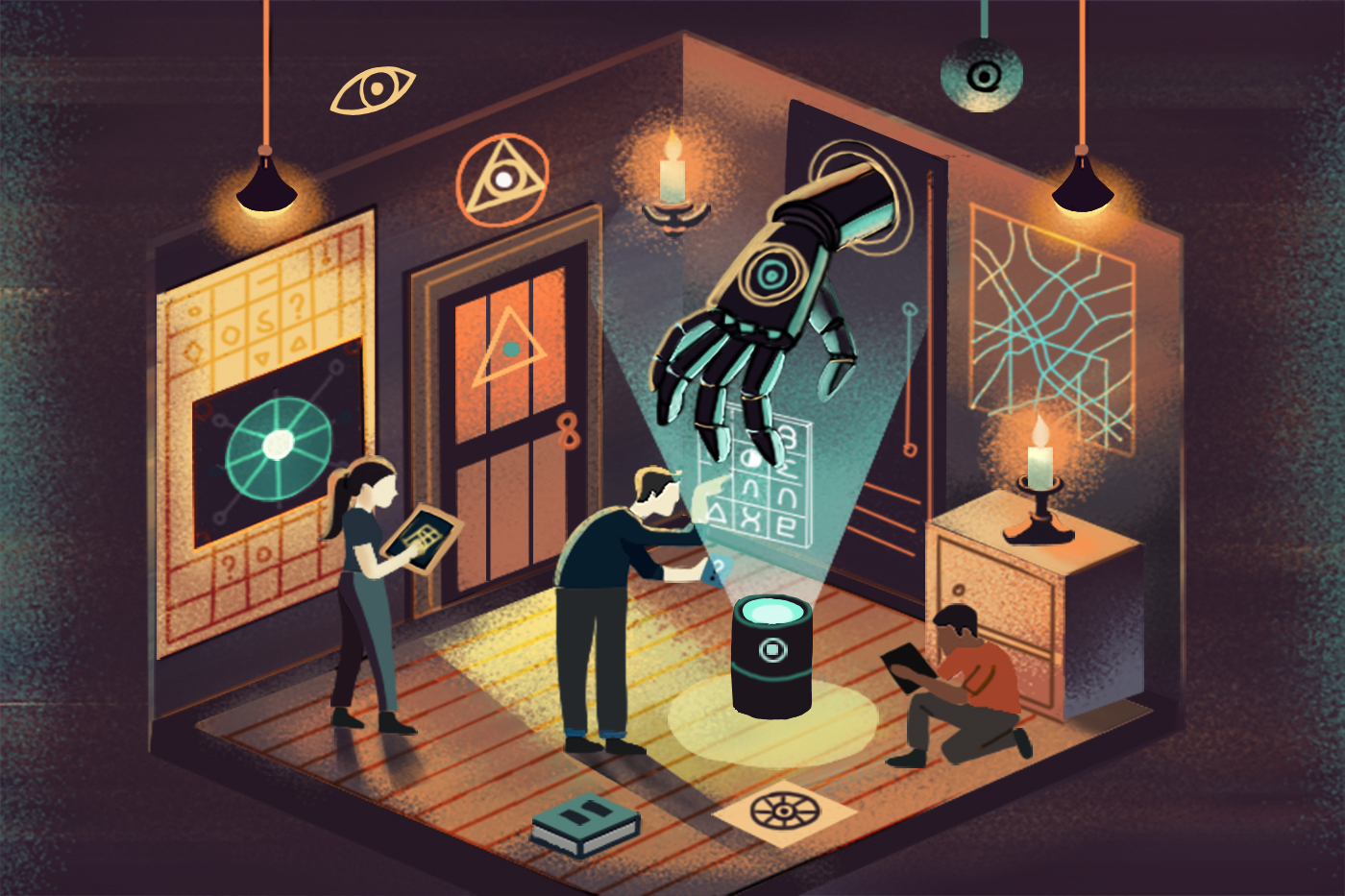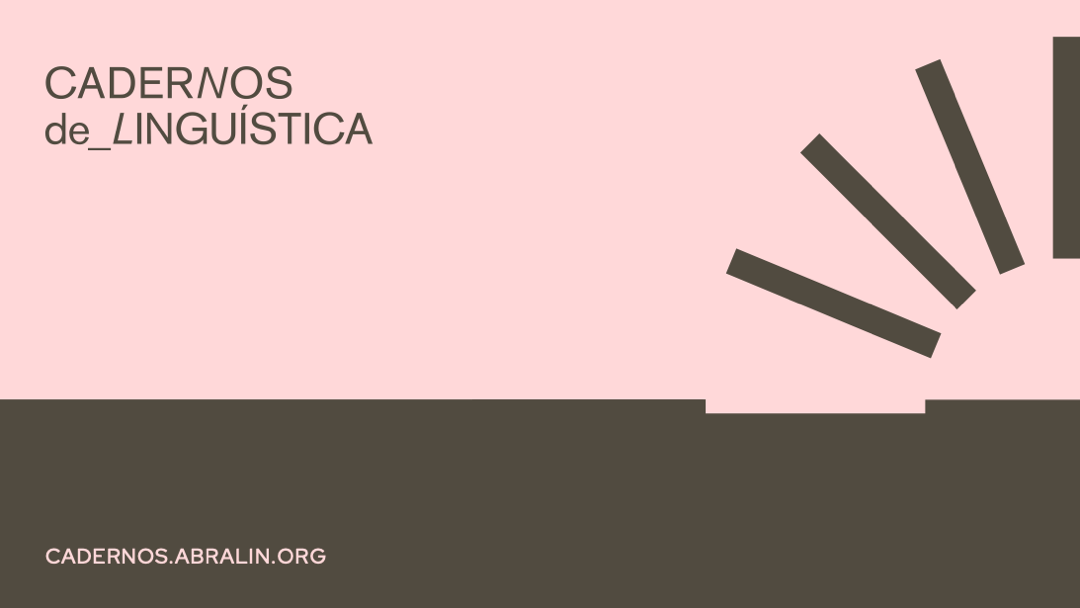
Education
The School of Combined Learning, or the Tongwen Guan (Chinese: 同文館) was a government school for teaching Western languages (and later scientific subjects), founded at Peking (Beijing), China in 1862 during the late-Qing dynasty, right after the conclusion of the Second Opium War, as part of the Self-Strengthening Movement.



